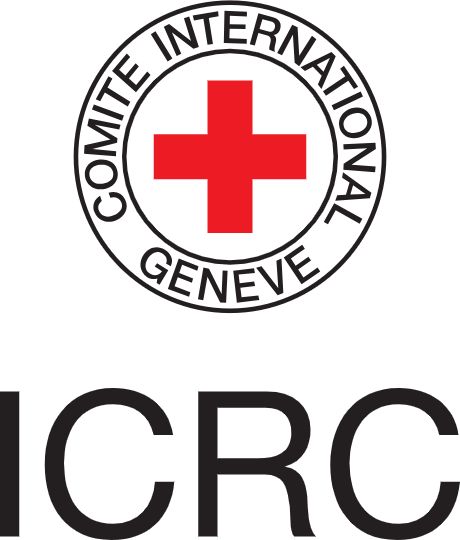Why was International Committee of the Red Cross Awarded the Nobel Prize for Peace in 1963?
Recognizing Humanitarian Excellence: ICRC's Nobel Peace Prize Journey
The International Committee of the Red Cross (ICRC) was awarded the Nobel Peace Prize in 1963 for its continuous and unwavering efforts to provide humanitarian aid, protection, and assistance to victims of armed conflicts and other humanitarian crises. The Nobel Committee recognized the ICRC’s crucial role in upholding the principles of the Geneva Conventions and its commitment to alleviating human suffering in times of war and conflict.
 Here are some key reasons why the ICRC was honored with the Nobel Peace Prize in 1963
Here are some key reasons why the ICRC was honored with the Nobel Peace Prize in 1963
1. Humanitarian Work
The ICRC has a long history of providing humanitarian aid and protection to individuals affected by armed conflicts, regardless of their nationality, ethnicity, or affiliation. Its commitment to impartiality and neutrality has allowed it to access conflict zones and provide vital assistance to those in need.
2. Geneva Conventions
The ICRC played a pivotal role in the establishment and development of the Geneva Conventions, a set of international treaties that define the humanitarian rules of warfare. These conventions seek to protect non-combatants, prisoners of war, and the wounded during armed conflicts. The ICRC’s efforts to promote and enforce these conventions have significantly contributed to reducing human suffering in times of war.
3. Mediation and Dialogue
The ICRC has acted as a mediator in numerous conflicts, facilitating communication between warring parties and advocating for the protection of civilians and prisoners. Its neutral stance and ability to engage with all parties involved have helped to prevent further escalation of violence and to promote peaceful solutions.
4. Emergency Response
The ICRC has been at the forefront of responding to humanitarian emergencies, providing vital medical assistance, food, clean water, and shelter to millions of people affected by conflicts, natural disasters, and other crises.
5. International Collaboration
The organization’s extensive network and collaboration with governments, non-governmental organizations, and other humanitarian agencies have strengthened its ability to reach those in need and coordinate relief efforts effectively.
6. Ongoing Commitment
The ICRC’s dedication to its humanitarian mission, even in the face of challenges and dangers, reflects its unwavering commitment to alleviating human suffering and upholding the dignity of individuals caught in the midst of conflict.




